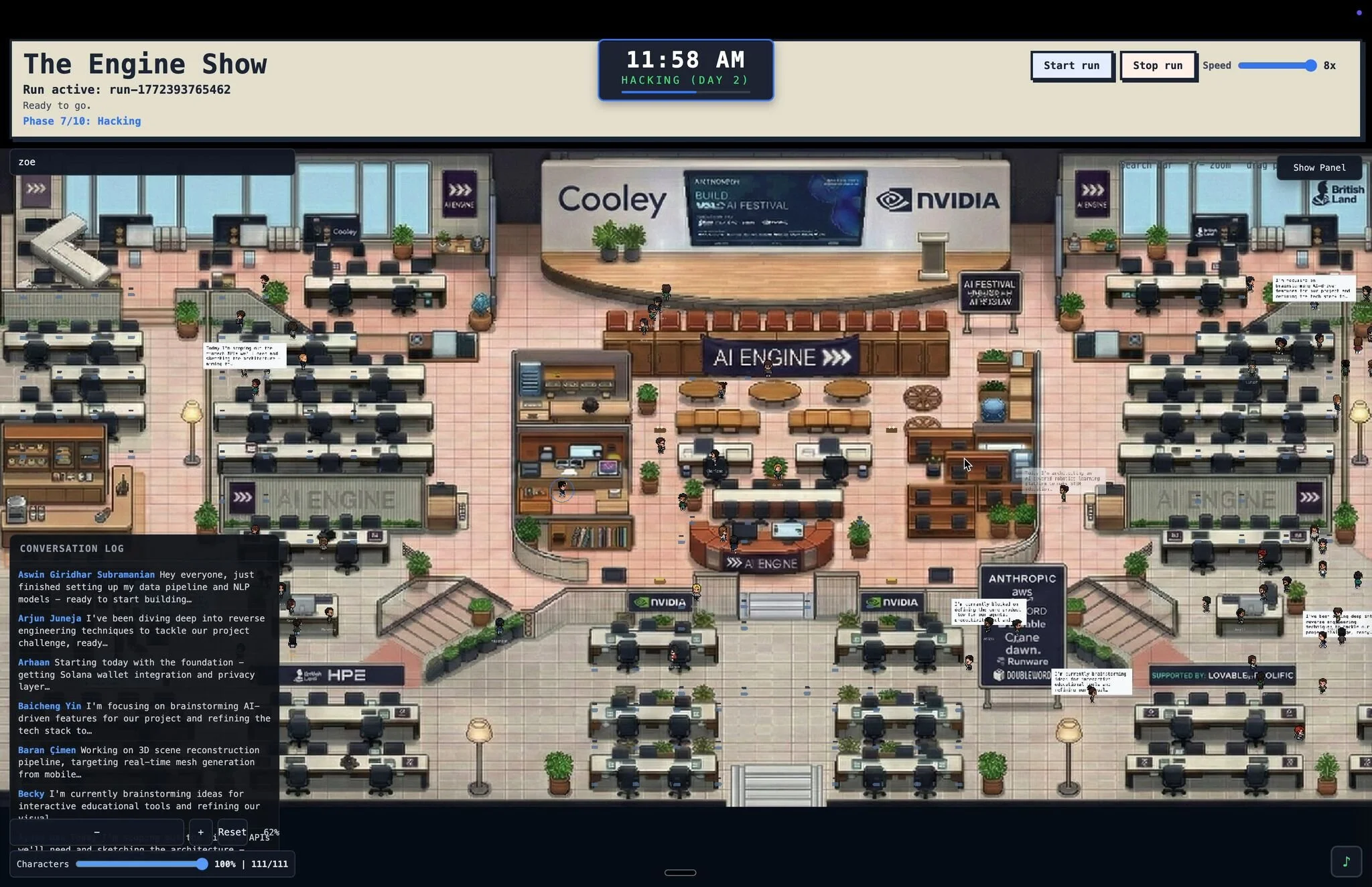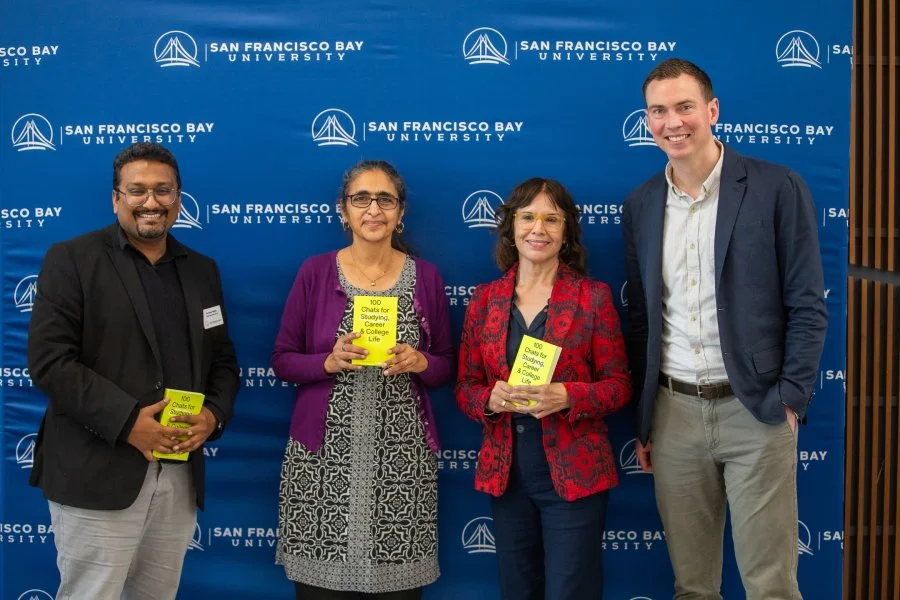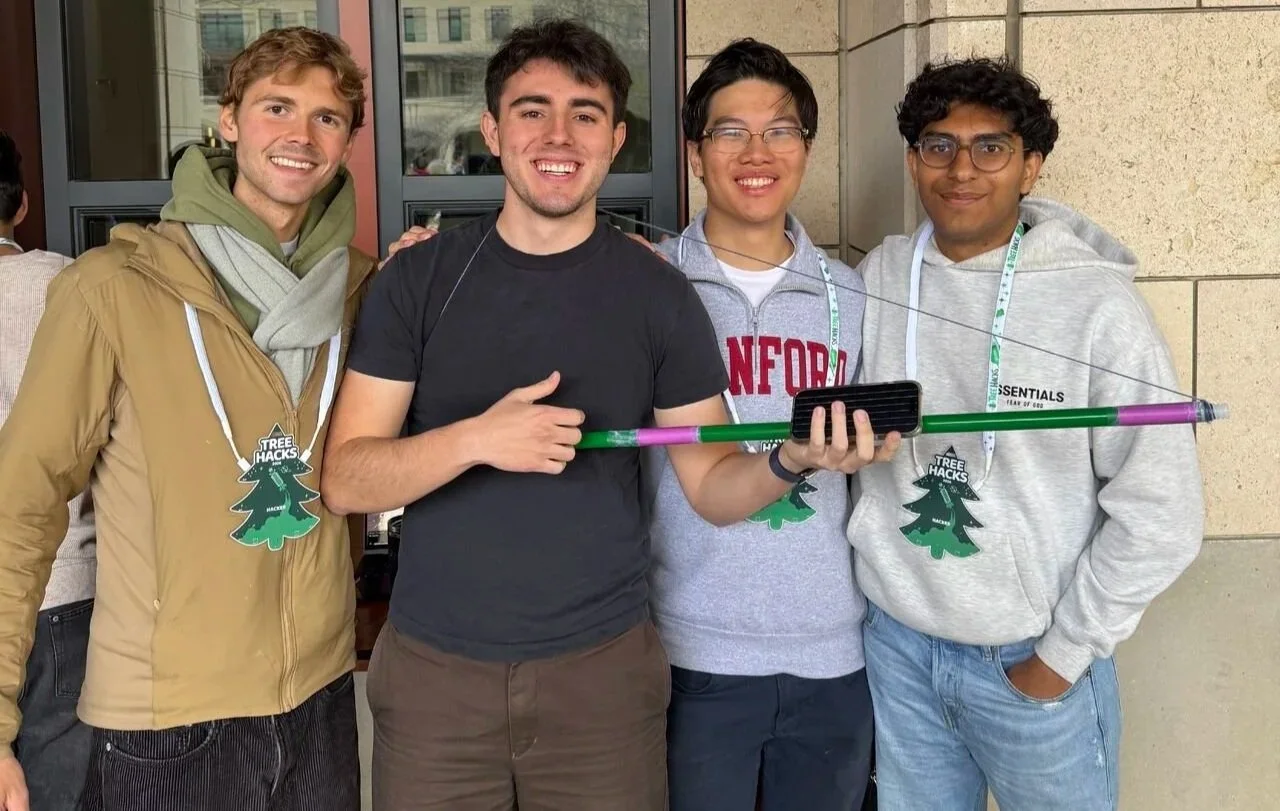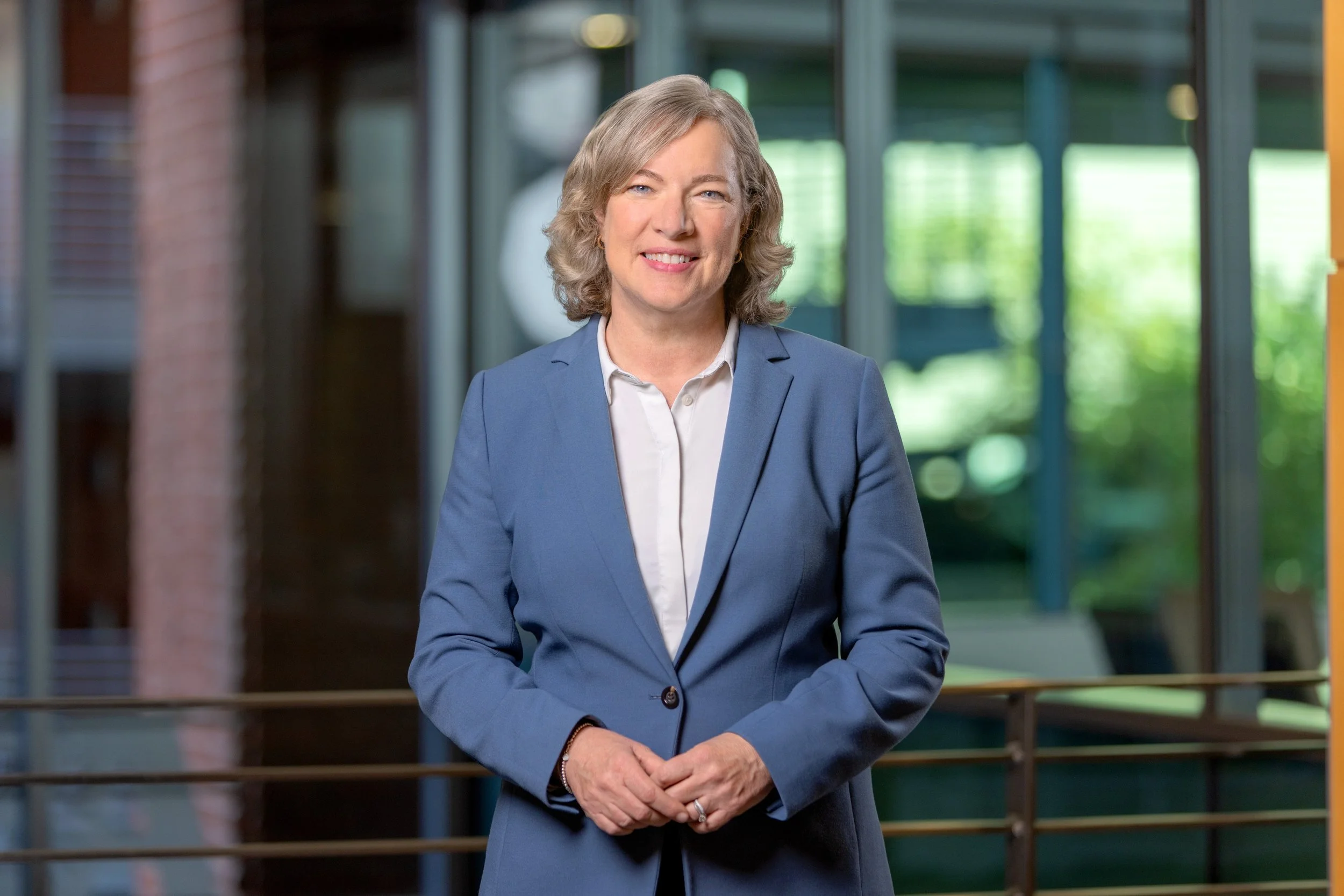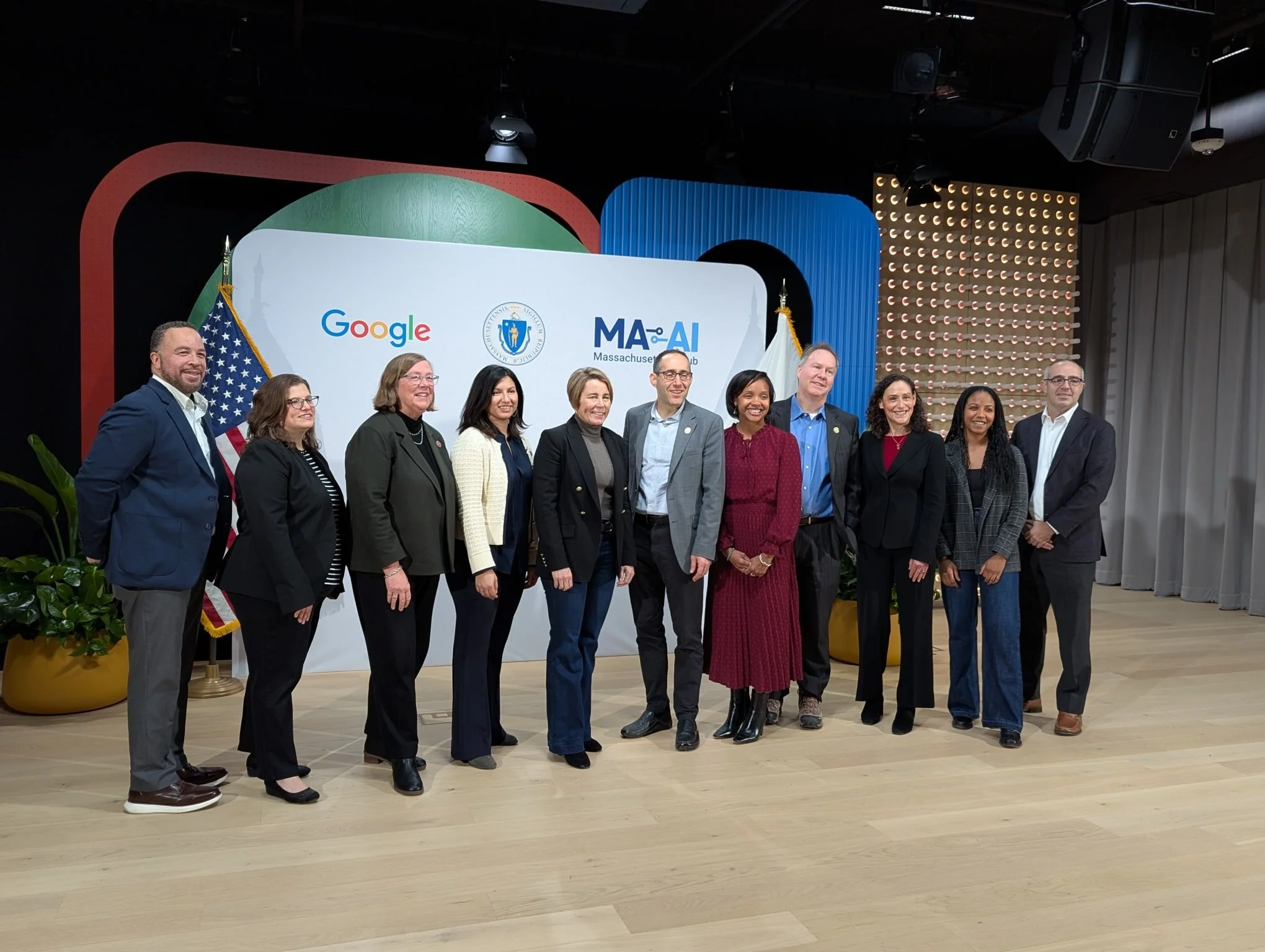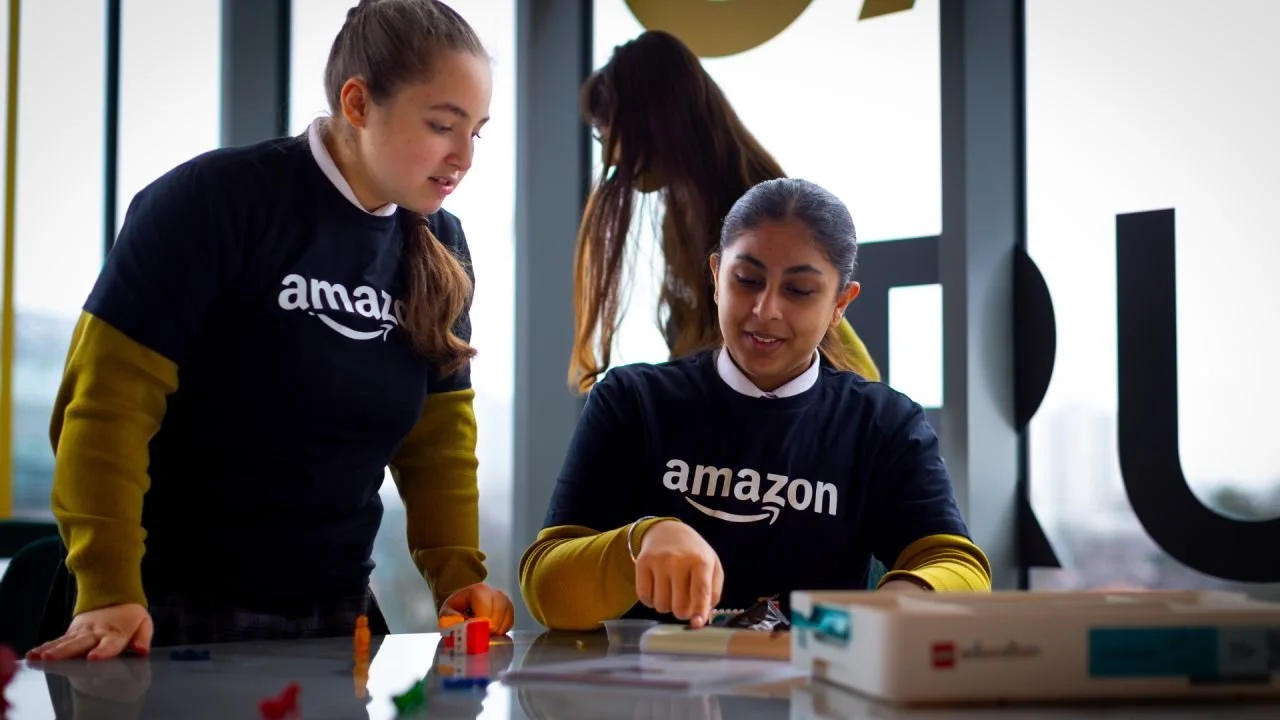High school students from Maryland, New Hampshire and Georgia claim top prizes at the CEE 2025 National Economics Challenge
By correctly answering tough economic questions, high school students from across the U.S. have been recognized at the 2025 National Economics Challenge.
A total of 16 teams competed at the national finals, following regional competitions in individual states. The competition was organized by the Council for Economic Education (CEE), which aims to equip K-12 students with knowledge and skills in financial literacy and economics.
Students from Mt. Hebron High School in Ellicott City, Maryland earned first place while the team from Phillips Exeter Academy in Exeter, New Hampshire received first runner-up and Lambert High School from Suwanee Georgia was named second runner-up.
The team from Mt. Hebron High School also won in the international category, while Shanghai High School International Division and Beijing Haidian Foreign Language Shiyan School took home second place honors.
Questions at the competition included: “What does a linear indifference curve tell us about the relationship of the goods measured on the axes?” and “If the U.S. trade deficit with China increases by $100 million, what can we conclude about the financial account of the U.S. international balance of payments?”.
According to the most recent Survey of the States, just 28 of the 50 U.S. states currently require students to complete economics coursework in order to graduate high school.
“No one expects young people to teach themselves how to read or write,” comments Christopher Caltabiano, Interim Chief Executive Officer and Chief Program Officer at CEE. “But too many states let students graduate without teaching them the basic economic principles that are building blocks for success for their lives, their communities and the nation.
“We congratulate all who taught and learned about economics this year, and all who earned their way to the top in their state and advanced to compete in CEE’s National Economics Challenge finals.”
The finalists in both the NEC Adam Smith Division and the NEC David Ricardo Division received a cash award.
Raphael Bostic, President and Chief Executive Officer at the Federal Reserve Bank of Atlanta, adds: “Early economic education can be an important stepping stone for establishing a positive personal trajectory. Research and experience tell us that sound economic and financial habits can be established as early as age seven, so the sooner we reach young people, the better. We want today’s young learners to become adults whose decisions maximize well-being for themselves, their families and their communities.”





